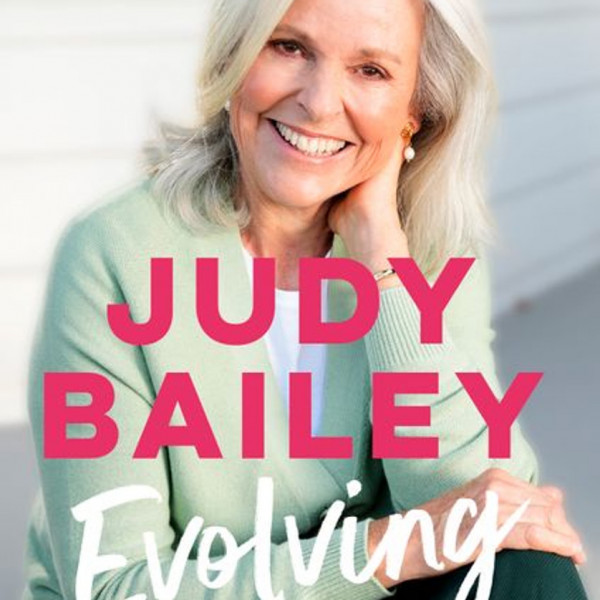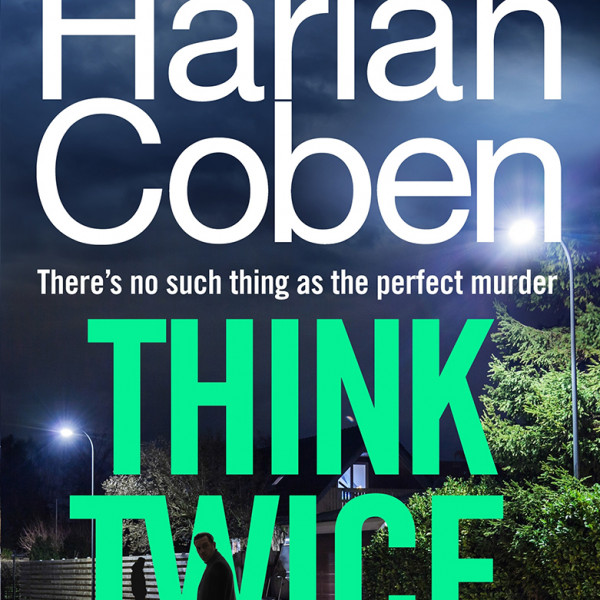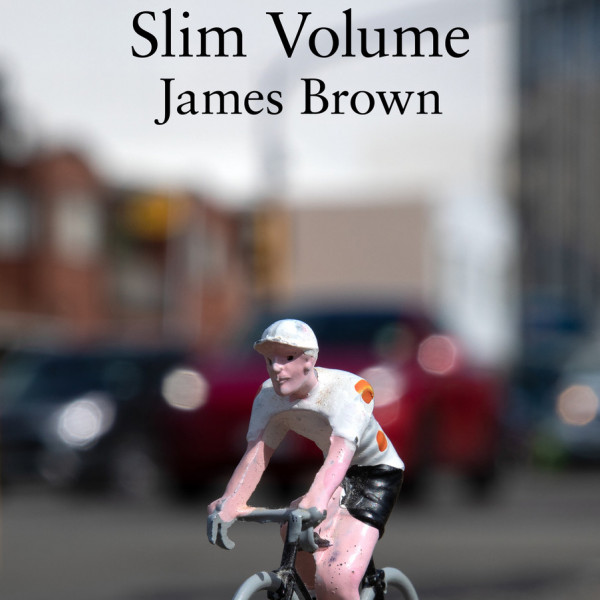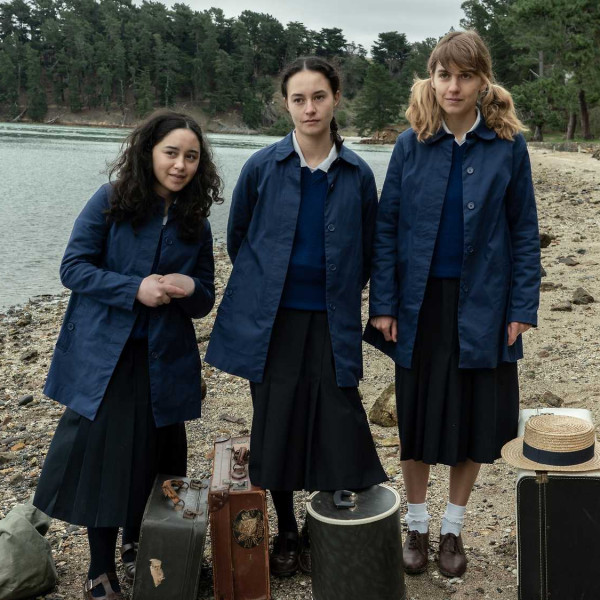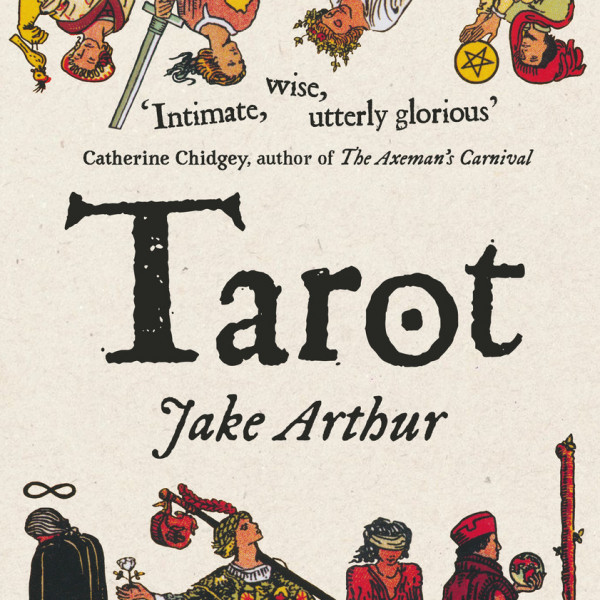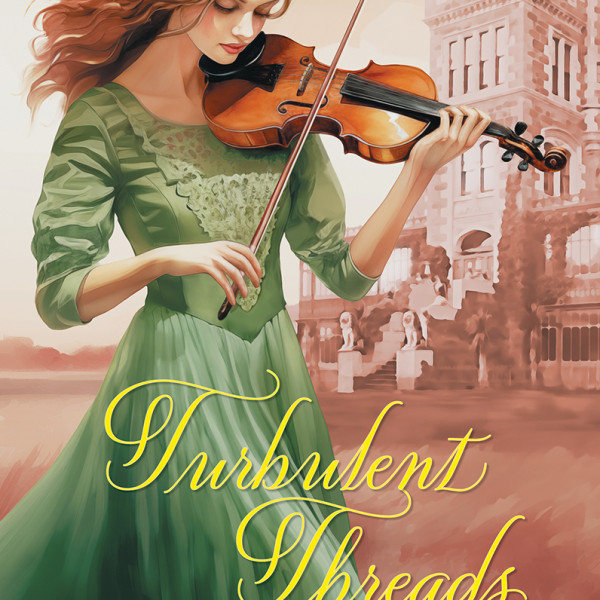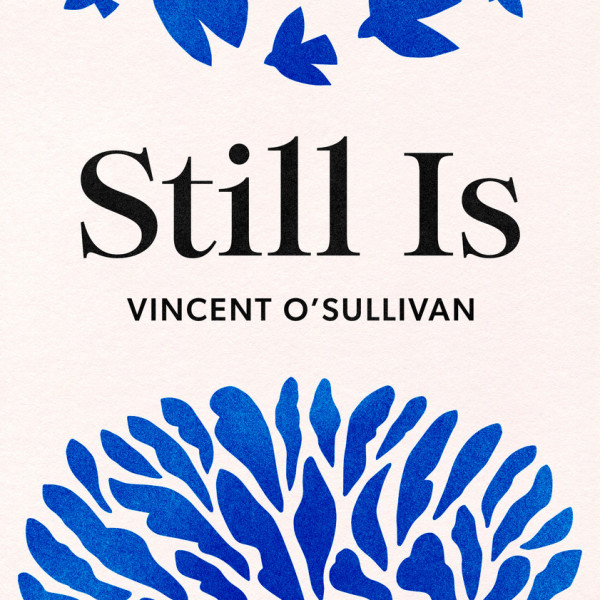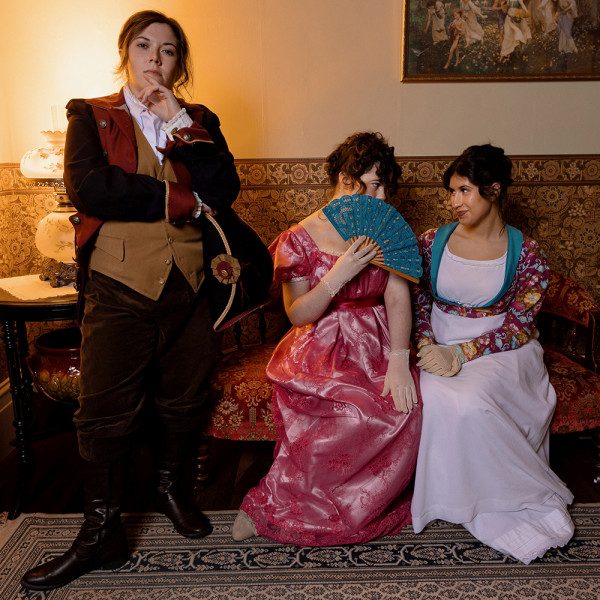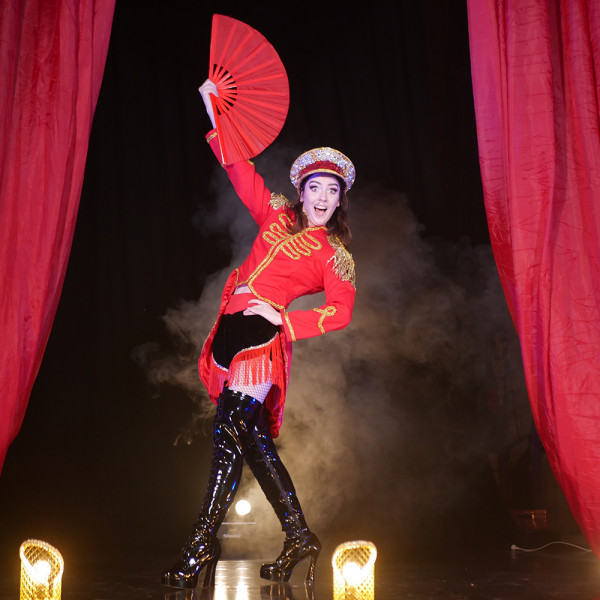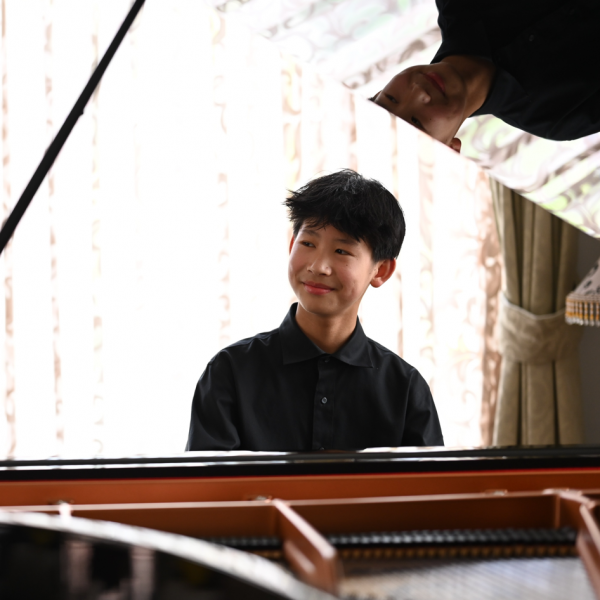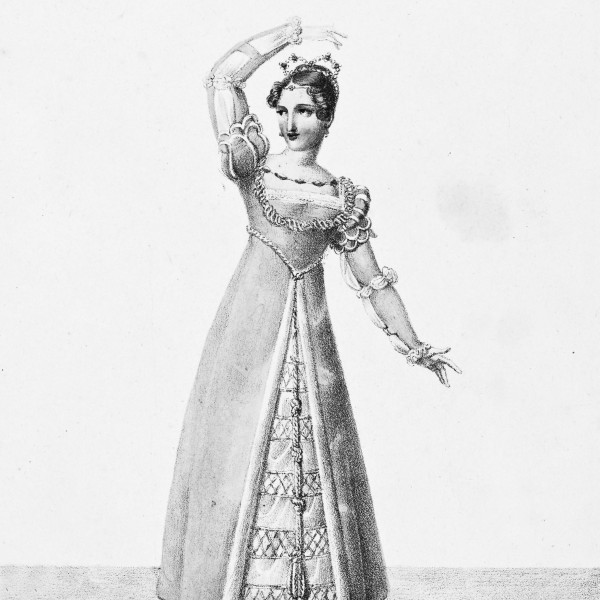
On a rainy winter Wednesday, Los Banditos was the perfect blend of cosy and colourful, feisty and flavourful. With warm, moody lighting throughout, the bright pops of colour on the chairs and behind the bar are a thoughtful nod to the restaurant’s Latin roots.
Greeted by our friendly waiter, we opted for a high table with plush seating and a view of the kitchen and bar. Ordering a sharing plate, two mains, and two drinks, we hungrily took in the spicy and sweet aromas wafting by.
First to arrive was the queso fondito sharing plate. Beautifully presented on a big wooden board, our waiter lit the small cast iron pan filled with melted cheese and chorizo on fire, throwing in sweet spices to fan the flames. As we waited for the fire to go out, we delved into the accompanying homemade cantina chips, guacamole, chipotle-dusted fried chicken, and dips. The chicken was seasoned to perfection and the dips were an explosion of flavour. Unfortunately, the fondue quickly congealed into a firm gooey texture we couldn’t easily dip into.
Arriving moments after the sharing platter were our first set of tacos followed by the second about five minutes later. We opted for the chorizo tacos – made with pork meat, roast peach salsa, queso fresco, patatas cerilla, lime, and cilantro – and the papas tacos, with potato, poblano peppers, cauli crema, queso, and hibiscus pickled onion and cilantro. Both were a subtle blend of tangy, sweet, and savoury flavours, a perfect concoction for a cold night. My only note is that I did request the onions on the side as I have an allergy and they were instead sprinkled on top of the dish, even though we were assured our selections didn’t contain onion.
The drinks arrived halfway through the food, but the taste soon drove the tardiness from our minds. My horchata was delectably sweet and cinnamony while my partner’s jungle bird cocktail was a tropical treat. Despite being stuffed, we agreed there is always room for dessert and ordered the lime and mint flan. Presented with edible and colourful garnishes, it was the sweet and sour cherry – or should I say citrus – on top.





